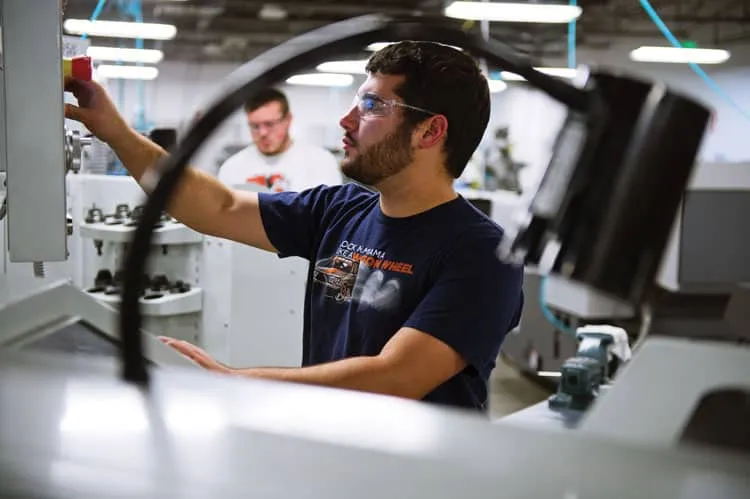Grants help advanced-manufacturing training gear up

LONGMONT — Until two years ago, Front Range Community College had no machinist shops to teach students the skills needed to work in cutting-edge, high-tech factories.
Another casualty of America’s decline in manufacturing, the school’s last machine shop in Fort Collins closed in 2008 because of a lack of jobs – and a lack of students.
With the recent growth in advanced manufacturing in the United States, Precision Manufacturing Technology Program Director George Newman helped the school open the machinist-focused Advanced Technology Center at Front Range’s campus in Longmont in 2013. The goal: to train the smartest factory workers the nation has…
THIS ARTICLE IS FOR SUBSCRIBERS ONLY
Continue reading for less than $3 per week!
Get a month of award-winning local business news, trends and insights
Access award-winning content today!
